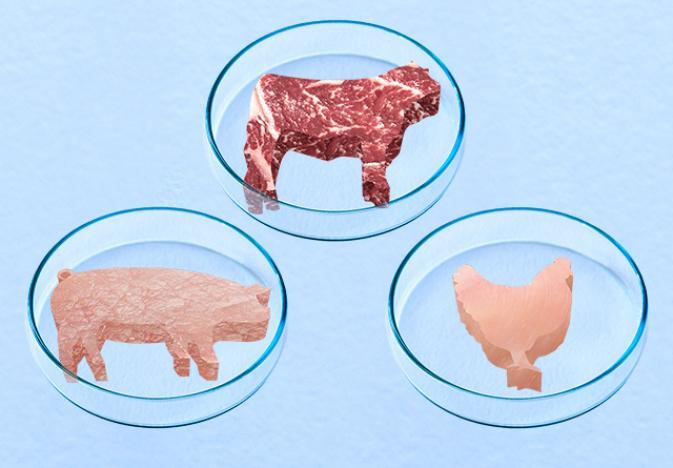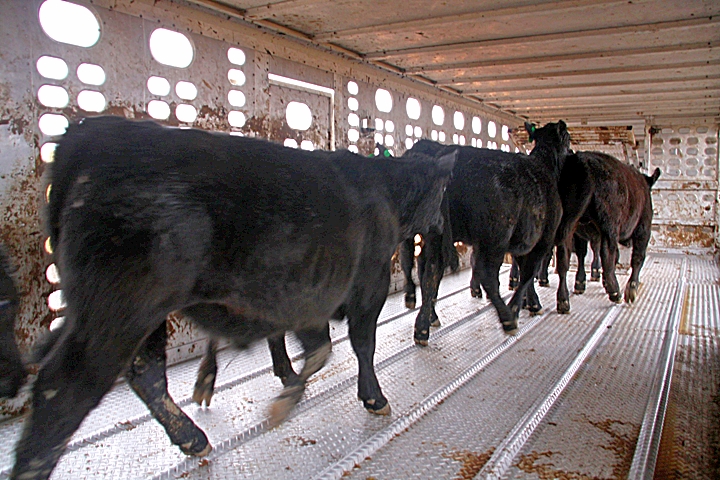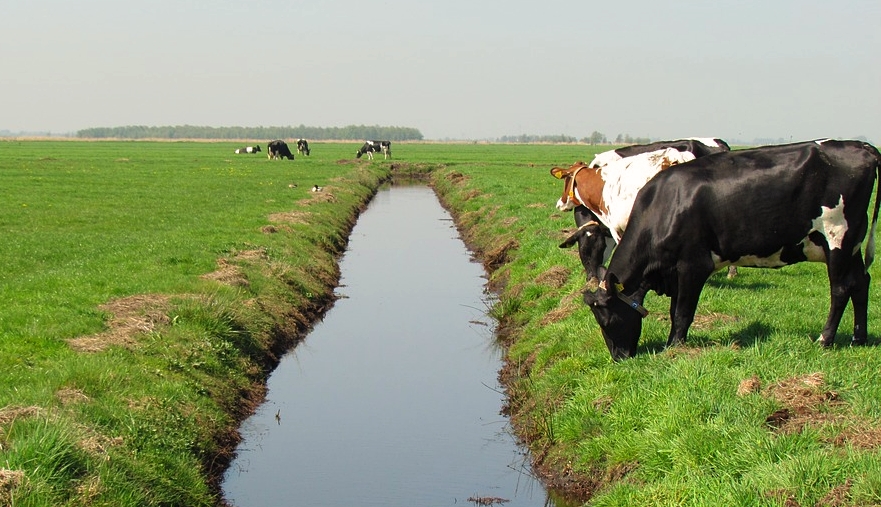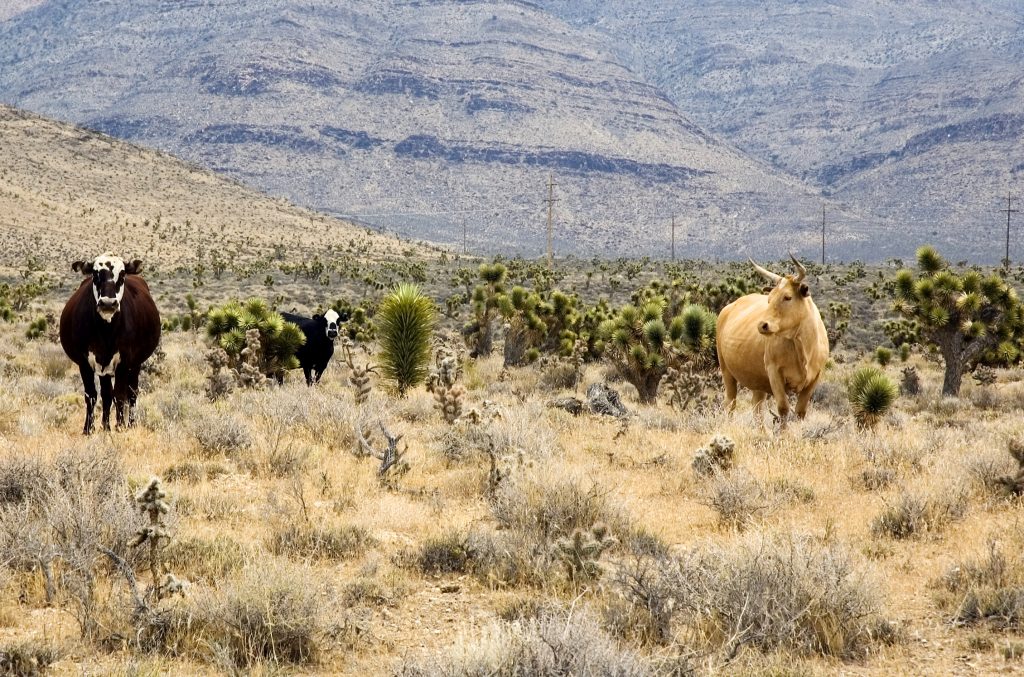“That lab-cultured protein, some people get really upset when we call it meat,” Lewis said. “I feel that meat needs to come from animals that have feet.”
Esteban L. Hernandez
Meat needs feet, say rancher-legislators behind a food-labeling bill
Republican legislators introduced a bill that would require protein that doesn’t come from animals to have different labeling.
As far as state Rep. Kimmi Lewis is concerned, you can’t call something “meat” unless its source had feet at some point.
Lewis, a cow-calf producer in southeastern Colorado, is co-sponsoring a bill along with fellow Republican legislators including state Rep. Rod Pelton that would prohibit protein created by artificial means from being labeled as “meat” in Colorado. State Sens. Joann Ginal and Jerry Sonnenberg are also co-sponsors.
Lewis had her own bill in the works, but she decided to join forces with Pelton, since he had a similar bill. Their goal is to ensure protein made through artificial means, like lab-cultured meat also known as “clean meat,” is labeled that way in packaging.
“That lab-cultured protein, some people get really upset when we call it meat,” Lewis said. “I feel that meat needs to come from animals that have feet.”
Lewis represents a sparsely populated, nine-county swath of southeastern Colorado — the largest geographic House district in the state. Along with her son, Lewis manages about 400 cows in a ranch near Purgatory Canyon.
She sees what she calls “mislabeling” of meat that didn’t come from livestock as a threat to her and many of her constituent’s livelihood.
Pelton is also a rancher. The freshman legislator represents seven counties in northeast and eastern Colorado and raises purebred black Angus cattle.
“My district has a lot of cow-calf operations and feedlots,” Pelton said. “This is going to be competing against our farmer’s products.”
Unless the “meat” is cut directly from an animal, Pelton said, it should not have the word “meat” on the label. He wants the label to include “lab-grown” or something similar that lets people know it’s not technically meat.
Beef and cattle are a vital part of Colorado’s agriculture economy.
The industry accounted for 67 percent of total value production in the state’s agricultural sector last year, according to the Colorado Business Economic Outlook report released in December. Meat products are the top agricultural export from Colorado. The report noted some beef producers had a tough year due to drought, with ranchers in those areas having “reduced herds by selling feeder calves to save on feed costs.”
A similar meat-labeling law was passed in Missouri last year, and Nebraska is considering it. The law enacted in Missouri only allows products from slaughtered animals to be marked as meat…
Featured image source: Drovers ( Lindsey Benne )
Free Range Report
Thank you for reading our latest report, but before you go…
Our loyalty is to the truth and to YOU, our readers!
We respect your reading experience, and have refrained from putting up a paywall and obnoxious advertisements, which means that we get by on small donations from people like you. We’re not asking for much, but any amount that you can give goes a long way to securing a better future for the people who make America great.
[paypal_donation_button]
For as little as $1 you can support Free Range Report, and it takes only a moment.



